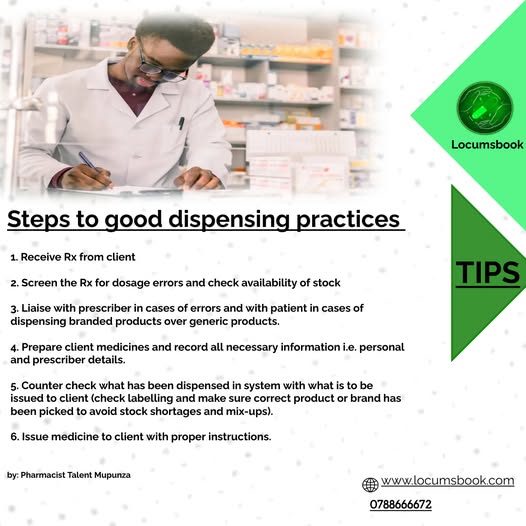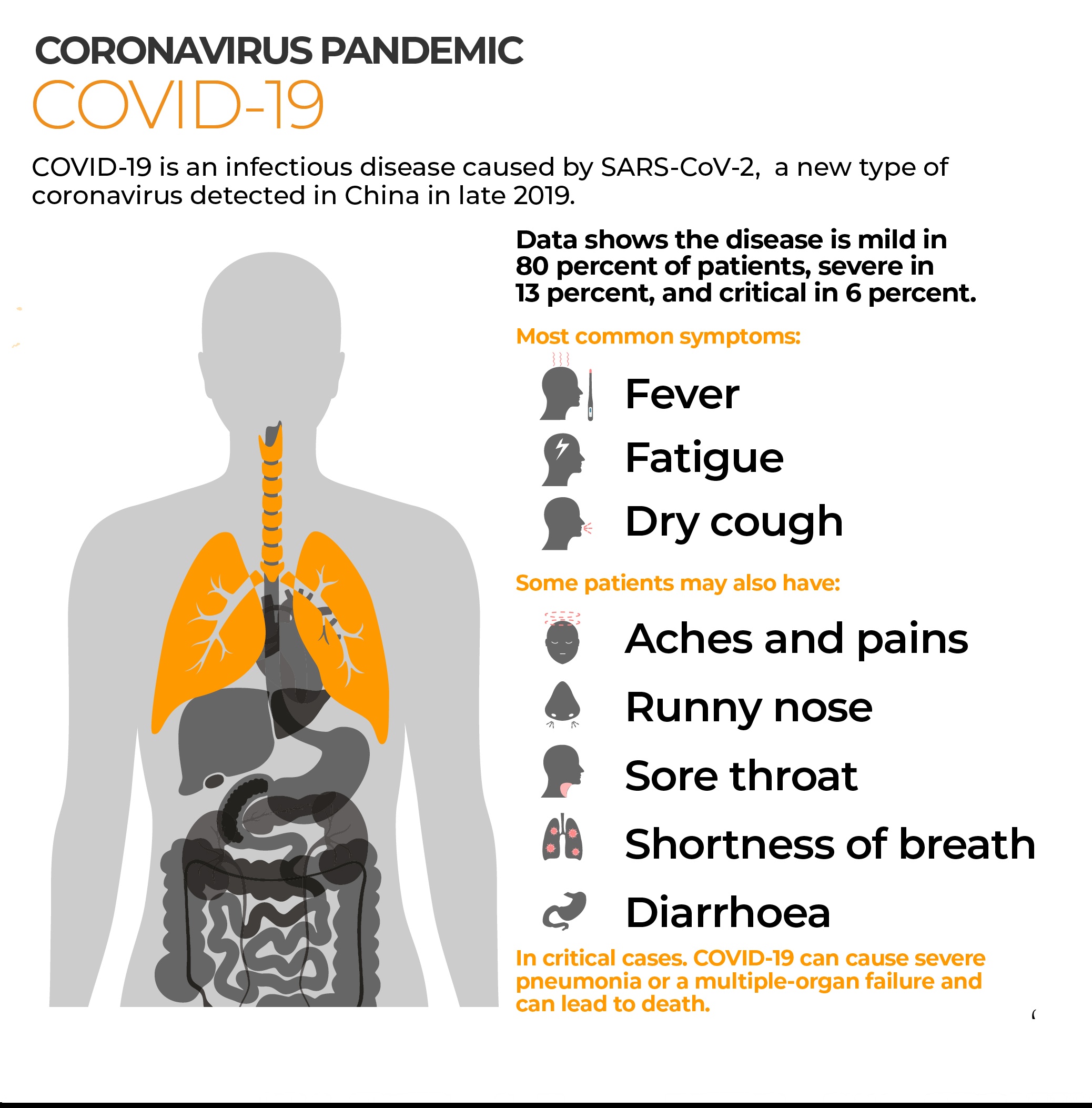EXECUTIVE DYSFUNCTION
Time management and difficulty in completing tasks and meeting deadlines at work
Featured Blogger
August 25, 2025
By Rutendo Maguze (Pharmacist)
25/01/25
To be able to identify the issue at hand, we must first understand executive function. This is defined as “a set of mental skills that help people plan, organize, manage their time, pay attention, process information, and manage their behaviour. Executive function issues can affect everything from how a person interacts with other people to their ability to learn and work.” (1) It is when executive function is in disorder that we start to see difficulty going about our day and keeping track of our activities. This is then called executive dysfunction.
To identify the dysfunction, we must know the elements of executive function which are:
1. Emotional control - control over the responses you make to the emotions you feel. (2)
2. Flexible thinking - adjusting to unexpected changes in tasks, your environment, or schedule, and shifting your attention as required. (2)
3. Impulse control - the ability to think, reflect, and make choices before you act. (2)
4. Organisation - keeping track of items and tasks physically and mentally. (2)
5. Planning and prioritising - to set a goal and determine the steps to achieve it. To understand how important or urgent a task is, and the amount of time it will take to complete. (2)
6. Time management and self-monitoring - understanding in the moment how you are progressing. The ability to use the time available to you to complete a task or tasks by a deadline. (2)
7. Task initiation and completion - to act and begin a task or process and sustain the focus required to complete it. (2)
8. Working memory - the ability to retain and access key information while you are using it. (2)
For the purposes of today, we will focus on elements 4, 6 and 7.
ORGANISATION
As stated before, organisation skill helps us to keep track of items and tasks both physically and mentally. The dysfunction of this skill is characterised by having disorganised workspaces, not getting started on tasks because they were forgotten and often misplacing important information or tools necessary for the work to be done. For example, a Research Pharmacist might misplace important data that they collected for their work and thus cannot continue the project.
There are someways in which an employer can help, or an employee can help themselves, such as:
- Use weekly chart to identify daily work activities
- Use electronic organizers, mobile devices, and e-mail reminders
- Assign new project only when previous project is complete, when possible
- Organize workspace to reduce clutter
- Take time at the end of each day to organize and set up for the next day (3)
TIME MANAGEMENT AND SELF-MONITORING
Time management means you can determine how long a task will take and be able to use the time available to you to complete the task on time. With self-monitoring, you are checking your own progression on the task. It is considered disordered when you are jumping onto other tasks without finishing the original one, not being on time to work or meetings and not finishing tasks on time. For example, in most pharmacies, a sales report is required at the end of each month and the managing pharmacist might do the report days later instead of at the stated deadline.
To tackle this issue:
- Divide large assignments into several small tasks or chunks
- Set a timer to sound an alarm after assigning ample time to complete a task (pomodoro technique)
- Provide a checklist of assignments
- Use a wall calendar to emphasize due dates
• Develop a color-coded system
• Allow co-worker or supervisor to add entries on the calendar or to doublecheck entries added by the employee (3)
TASK INITIATION AND COMPLETION
It is to start, sustain focus and complete a task. When one is unable to initiate a task, loses interest in the task partway through and leaves it unfinished, it is now a dysfunction of the skill. For example, as a Teaching Assistant, you may be tasked with grading student’s assignments but find it difficult to read through them and might leave some papers unmarked because you cannot find the motivation to finish.
To help with this one can:
- Remove visual and auditory distractions
- Breaks for mental fatigue and rotating through varied tasks
- Job restructuring so the most difficult tasks are performed at the time of day the employee has the most mental energy or stamina
- Gamify the tasks to maintain interest such as creating levels or checkpoints that have rewards when reached. (3)
CONCLUSION
The other of the elements of executive function also contribute to how we work and can affect each other if one or more is dysfunctional. It is thus important to consider:
- What are the specific difficulties you had with a task or project?
- Did they occur at the beginning, middle, or end stages of a task?
- Do you find work easier when you are alone or working with someone?
- Do you need more or less stimulation in your current work environment? (2)
From there, you can begin to investigate ways to help yourself and the people you work with, and employers can begin to ensure a more efficient work environment that does not negatively impact their employees and productivity.
REFERENCES
1. https://www.medicalnewstoday.com/articles/325402#summary accessed 24/01/2025
2. Workplace adjustments for executive dysfunction, https://neurodivergentemabler.com/ accessed 24/01/2025
3. Accommodation and Compliance Series: Employees with Executive Functioning Deficits, https://www.biav.net/wp-content/uploads/2018/10/2016.1209-Accommodations-at-work-Exec-Function-JAN.pdf accessed 25/01/2025


